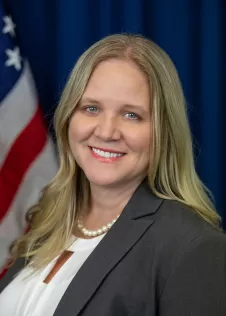The NCUA has approximately 950 employees in 16 offices and three regions to carry out its examination, supervision, consumer financial protection, chartering, insurance, and support functions. The agency operates its headquarters in Alexandria, Virginia; its Asset Management and Assistance Center in Austin, Texas, which liquidates credit unions and recovers assets; and three regional offices — Eastern, Southern, and Western — which carry out the agency’s supervision and examination program.
A three-member Board of Directors oversees the NCUA’s operations by setting policy, approving budgets and adopting rules and regulations. Each Board member is appointed by the president and confirmed by the Senate. The president also designates the Chairman of the NCUA Board. No more than two Board members can be from the same political party and each member serves a staggered six-year term.























